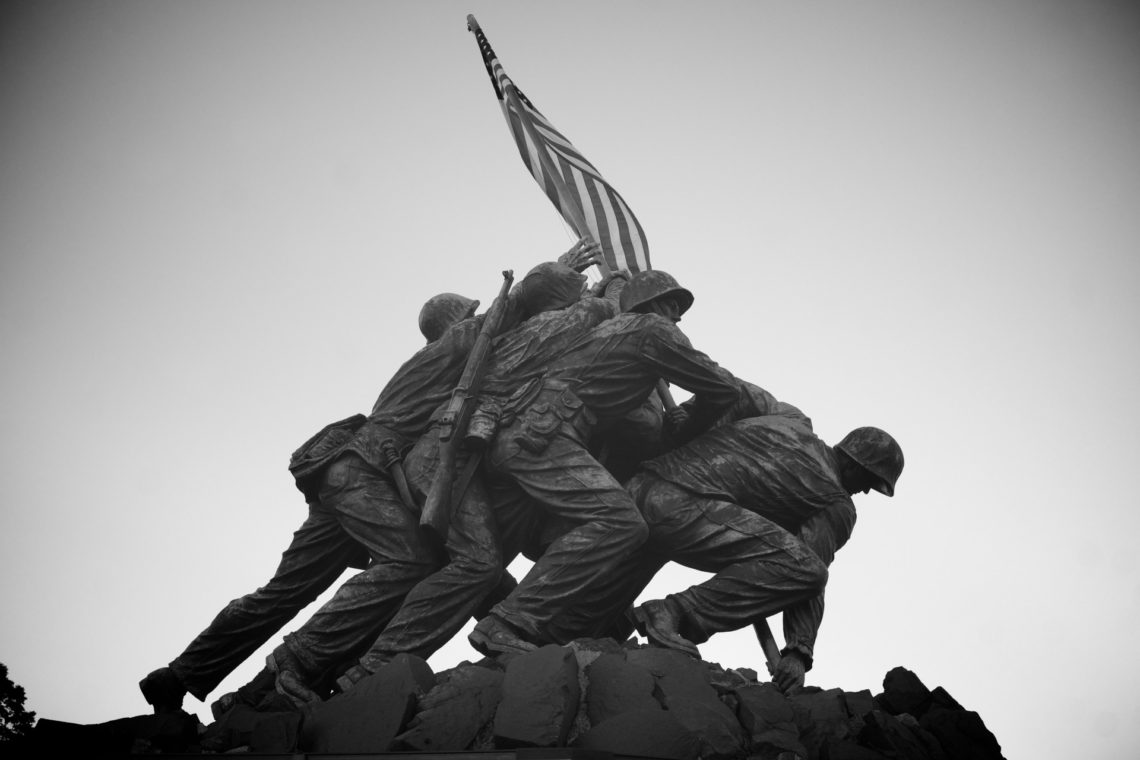In honor of the upcoming Veterans Day holiday, this blog post will discuss the Servicemembers Civil Relief Act (the “SCRA”), which provides specific protections for those in active duty military service, as well as their dependents.
The SCRA’s Specified Protections
The SCRA was enacted in 2003 and recognizes that those in active duty military service may not be able to participate in certain civil affairs, and creates certain protections for those who qualify.
- Default judgment protection. In order to obtain a default judgment against a defendant who failed to make an appearance in the proceeding, the plaintiff must file an affidavit certifying whether or not the defendant is in active duty military service or, alternatively, whether the plaintiff is unable to verify the defendant’s status regarding military service. If the defendant is in active service and has not made an appearance, appointed counsel can request the proceeding to be stayed until the defendant is afforded an opportunity to appear and present a defense – a period of no less than ninety (90) days. For North Carolina proceedings, the affidavit form can be found here.
- Non-judicial foreclosure protection. For a mortgage loan obtained by an individual prior to his or her entry into military service, the creditor seeking to foreclose on the loan must obtain a court order permitting it to do so for the duration of the debtor’s military service, plus one (1) year – sometimes referred to as the “tail coverage” period. North Carolina enacted a similar statute, providing a tail coverage period of ninety (90) days.
- Protection against repossession. For a loan or installment contract defaulted on by a member of the military, the creditor must first obtain a court order before repossessing the good provided pursuant to the loan (e.g., an installment loan for a car), as long as the debtor placed a deposit or made at least one installment payment before entering military service.
- Residential lease termination. This provision permits a servicemember or servicemember’s dependent(s) to terminate a residential (or motor vehicle) lease upon submission of proper written notice and a copy of his or her military orders, as long as the lease was executed by an individual who later enters military service or by a member of the military who later receives a permanent change of station.
- Storage lien enforcement protection. For an individual or entity holding a lien on the property of a servicemember during his or her duration of service, plus ninety (90) days, the individual/entity must obtain a court order prior to enforcing a lien against the property possessed.
- Interest rate cap for certain financial obligations. Certain financial obligations of a servicemember, such as a credit card or mortgage loan, are capped at six percent (6%) per year, and any interest beyond this threshold must be forgiven by the creditor. This applies to financial obligations incurred by an individual prior to his or her entry into military service, as long as the servicemember provides proper written notice of his or her military orders to the creditor. The creditor’s obligation to forgive excess interest applies both proactively and retroactively.
The U.S. Department of Defense created a centralized database to search for the military status of an individual for the benefit of potential plaintiffs, landlords, lien holders, and creditors impacted by the SCRA’s protections, enabling them to determine whether such protections will apply to limit their rights.
Consequences for Failure to Comply with the SCRA
The Department of Justice is authorized to initiate a lawsuit against any individual or entity who violates, or attempts to violate, the provisions of the SCRA discussed above. First violations carry a maximum penalty of $55,000, and subsequent violations carry a maximum penalty of $110,000. Given these significant potential damages, it is vital any individual or business seeking to enforce a right against a defendant, tenant, or borrower who may be a member of the military follow the proper protocols to verify the individual’s military status and notify the court accordingly.
Thank you to all those who have served and are serving in our military!
If you have questions regarding a civil litigation matter that may involve or impact a member of the military, please give us a call at (704) 457-1010 to schedule a consultation. For more information regarding our firm, attorneys, and practice areas, please visit https://lindleylawoffice.com/.





